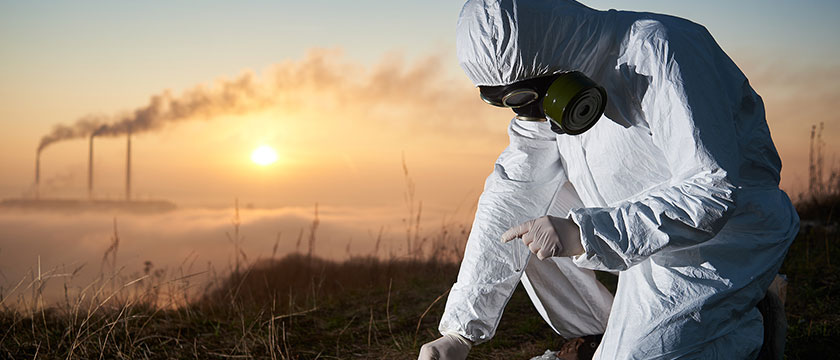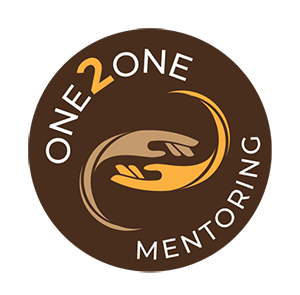Author: One2One Mentoring Network Blogs

Author: Dr Michael Ogundele
Racism in the workplace against the Black and Minority Ethnic (BAME) community, whether obvious and purposeful or subtle and subliminal, may lead to significant overt and covert mental health (MH) issues. Many BAME citizens experience racism and discrimination in many areas of their daily lives, and no one seems to be shielded by any level of personal or professional attainment in the society. Reni lamented, “It’s truly a lifetime of self-censorship that people of colour have to live with” (1). Sterling (an elite and accomplished premier league footballer) recently tweeted, “The young black kid (footballer) is looked at in a bad light… which helps fuel racism and aggressive behaviour” (2).
Levels of racism experienced by the BAME community:
- Covert universal structural racism across all sectors of the society (feeling of entitlement by white majority and disrespect for others), including systematic organisational racism, a collective culture set by the white majority, where anyone who falls outside the culture must conform or face failure. These include the silently raised eyebrows, the implicit biases and snap judgments made on assumptions of competency.
- Daily conscious or subconscious subtle and covert acts directed at minority groups to harass, intimidate and belittle, often out of implicit biases e.g.,

The walk to the lecture theatre was less than 3 minutes, less than 2 if I was running (literally) late. I could actually see my lecture theatre from the kitchen – that’s how much uni work was on my neck. We started off meeting outside the accommodation, a few friends and I, so we could walk the 18 steps to the entrance of the lecture theatre together. Over time we would meet inside the lecture theatre, most people having carved an imaginary name on their favourite seat by this point. We would file into our row and grin at each other, catching up on the events from the previous evening and complaining about the rain.
It was 365 days ago, just about, when as first year students, we were exploring a new city, making new friends and settling in. It’s hard to believe that an entire year has passed since we would sit side by side in massive lecture theatres. The students who had sniffles and colds came in (mask-less, might I add) and sent those sniffles right around the room. Can you even imagine? The days came and went, and with each one, we learned to adapt and even started to call our term time address ‘home’.… Read the rest
Read more
I woke up this morning feeling grateful. Grateful for the sun, grateful for life and grateful for the chance to study. Medicine is a lot of things, but it most certainly isn’t dull. I’ve just started second year, and saying that out loud brings so many emotions and memories flooding into my mind that I have to pause and smile. Like I said – grateful.
Exactly two years ago I was a final year student, undertaking BSc Medical Biochemistry and I was stressed. I was planning my final year project, worrying about my pending Graduate Medical School Admissions Test (GAMSAT) results and redrafting my personal statement for what felt like the 29th time. I had spent the previous summer travelling, studying, and sitting exams as well as shadowing an inspiring maxillofacial surgeon. This was my third try. My third attempt. I could do it this time.
My story actually began long before that. So let’s go back to the start. As I’ve grown, I’ve realised just how easy it is to forget the journey when you feel that you’ve arrived at a long awaited destination. This helps no one.
It doesn’t help you because on the tough days, you need something to spur you on.… Read the rest
Read more
I became an environmental scientist because I wanted a profession that would care for the only (known) planet on which humans can live and on which we grow the food needed for our survival. Environmental scientists help the public to make informed decisions about the use of finite natural resources. They conduct research, produce reports, write articles, lecture, issue press releases, influence government policies, and campaign. Being a broad industry, the daily routine depends on the area of specialisation. Some examples are ecotoxicology, zoology, hydrology, geotechnics, geoscience, ecology, waste, environmental chemistry, climate and atmospheric science, hydrogeology, conservationism, agroecology and environmental engineering.
Understanding the issues involved in environmental science— such as degradation, conservation, recycling, pollution, contamination, hazards and replenishment—is central to finding work in the environmental management industry. An academic background is essential. Many entry-level positions are highly competitive and may require a rigorous set of interviews and exams. Entry-level employees use many skills, including interviewing and writing, organising events, raising funds and scientific testing in a laboratory environment. Continuing professional development is important, as the work deals with a physical, changing system.
Pressures of Work and Burnout
New environmentalists require training as they learn the specific concerns of their companies, acquire contacts needed to get accurate information quickly, and assist in the on-going educational process.… Read the rest
Read more
